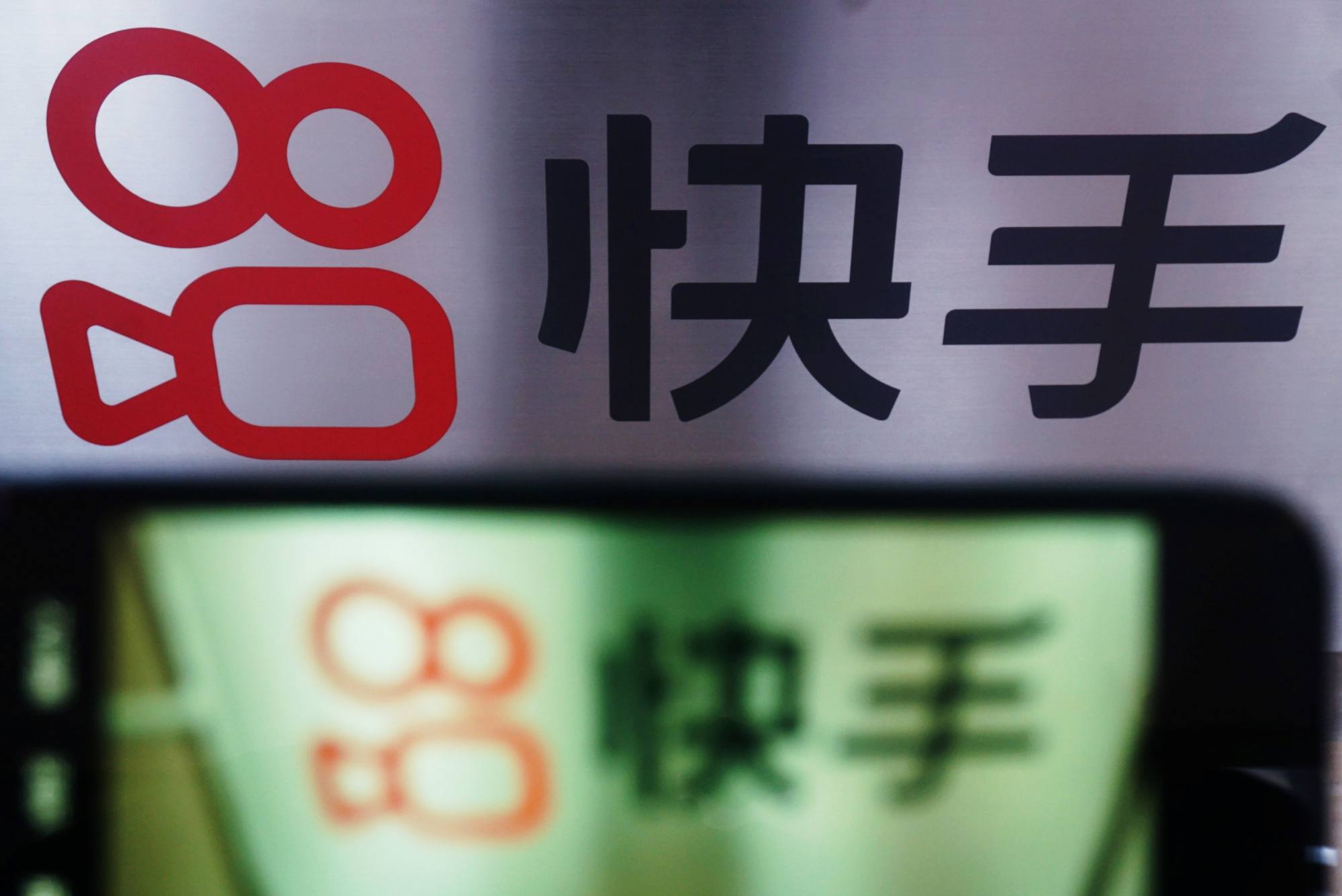
Food delivery giant Meituan’s pact with short-video app Kuaishou seen as latest sign of China’s Big Tech firms appeasing Beijing
- Strategic partnership between Meituan and Kuaishou comes at a time when Chinese authorities are trying to prevent ‘disorderly’ expansion of capital in the tech sector
- Tencent-backed Kuaishou faces both fierce competition with Douyin, the Chinese version of TikTok, and increasing regulatory scrutiny from Beijing
China’s largest on-demand food delivery firm and the country’s second largest short video operator announced a “strategic partnership” on Monday, the latest sign of attempts by Big Tech to appease Beijing after a tumultuous year of regulatory crackdowns that have pummelled tech stocks.
Meituan, which has lost half its value since peaking in February 2021, will open a mini app on the short video platform operated by Kuaishou Technology, the main rival to ByteDance’s Douyin, allowing users to directly access products, services and coupons provided by Meituan merchants, according to a statement from the online provider.
The partnership, seen as a response to the central government’s push for interoperability among tech companies, comes after a difficult year in China’s internet industry. Kuaishou’s Hong Kong-traded stock has lost over 80 per cent of its value since its peak in February, and co-founder Su Hua resigned as chief executive two months ago.
China’s antitrust chief declares victory in banishing ‘pick one from two’
Meituan and Kuaishou, both backed by Tencent, could face a similar situation in the future, according to Zhang Xiaorong, director of the think tank Beijing Cutting-Edge Technology Research Institute.

“Now that the development of China’s internet platform companies has reached a bottleneck … cooperation between the two can complement each other’s strengths,” Zhang said. “Meituan can increase its sales with new customer traffic while Kuaishou can get a cut from these online transactions.”
Both companies have struggled to turn a profit in a rapidly changing market environment. Meituan reported a net loss of 10 billion yuan for the quarter ended September, missing analysts’ estimates for a 7 billion yuan loss. That compared with profits of 6.3 billion yuan in the same period a year earlier.
The company reported a 33.4 per cent year-on-year rise in revenue to 20.5 billion yuan for the quarter ended September, with a loss of 7 billion yuan.
In July, the Ministry of Industry and Information Technology included walled gardens in its six-month internet clean-up campaign, in which Beijing targeted the industry practice of blocking and restricting access to rival websites without a legitimate reason.
Major tech players including Tencent, e-commerce giant Alibaba Group Holding, and ByteDance have all pledged to comply with the mandate. Alibaba owns the South China Morning Post.

